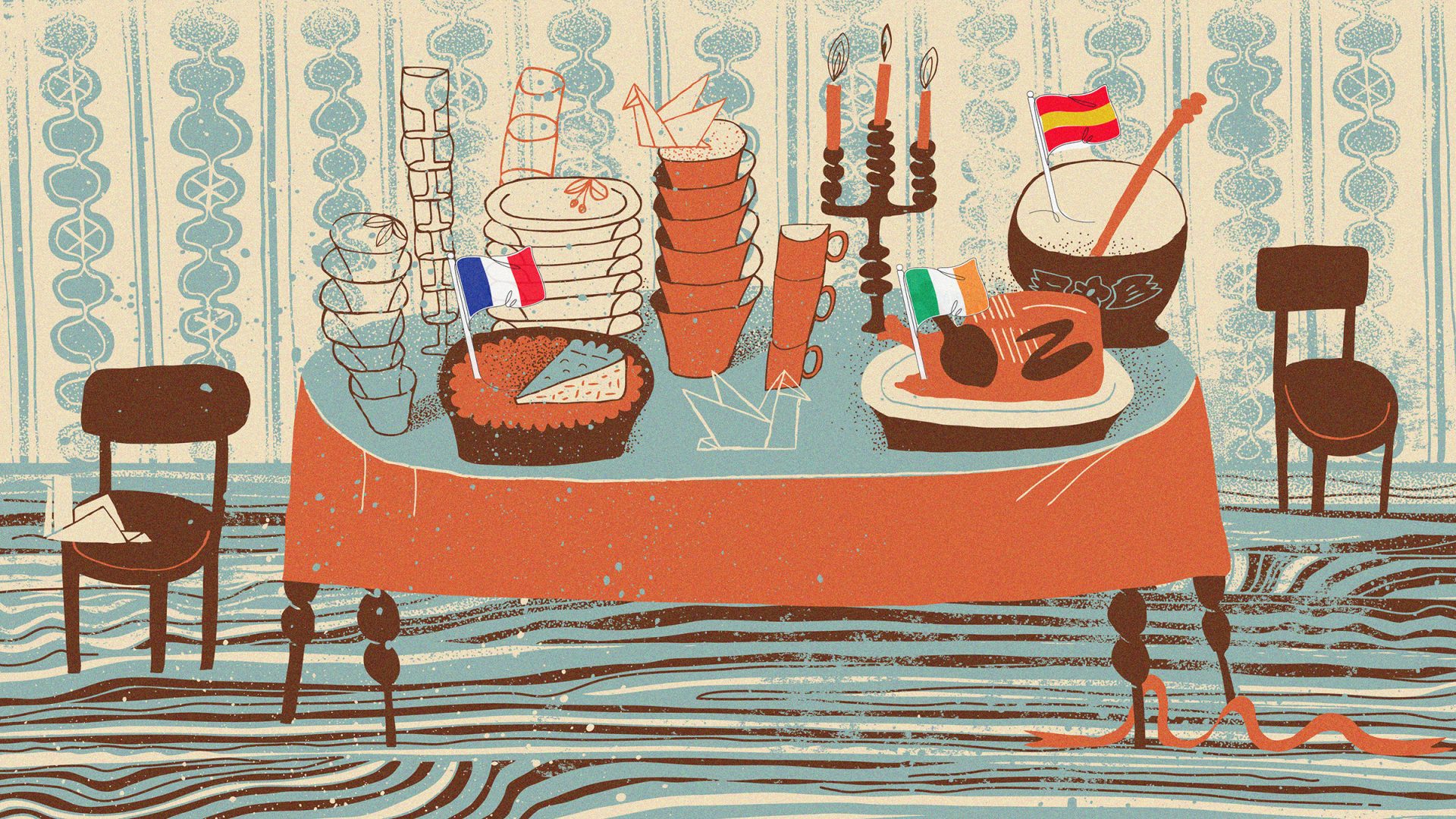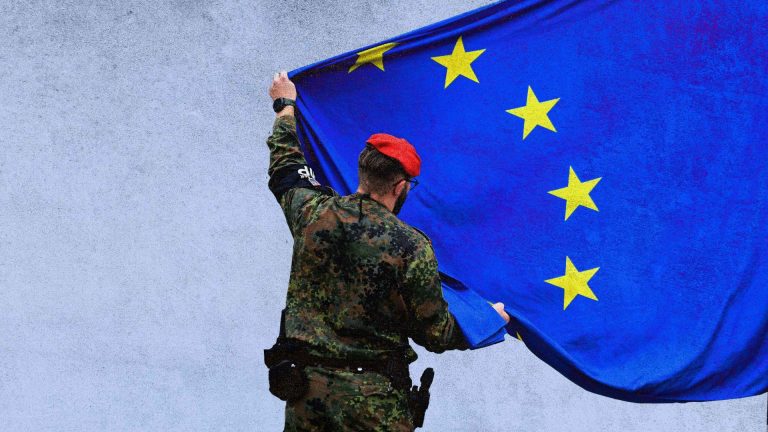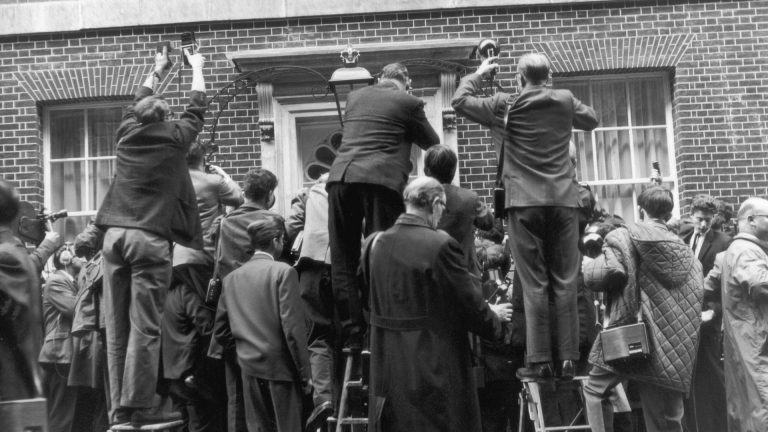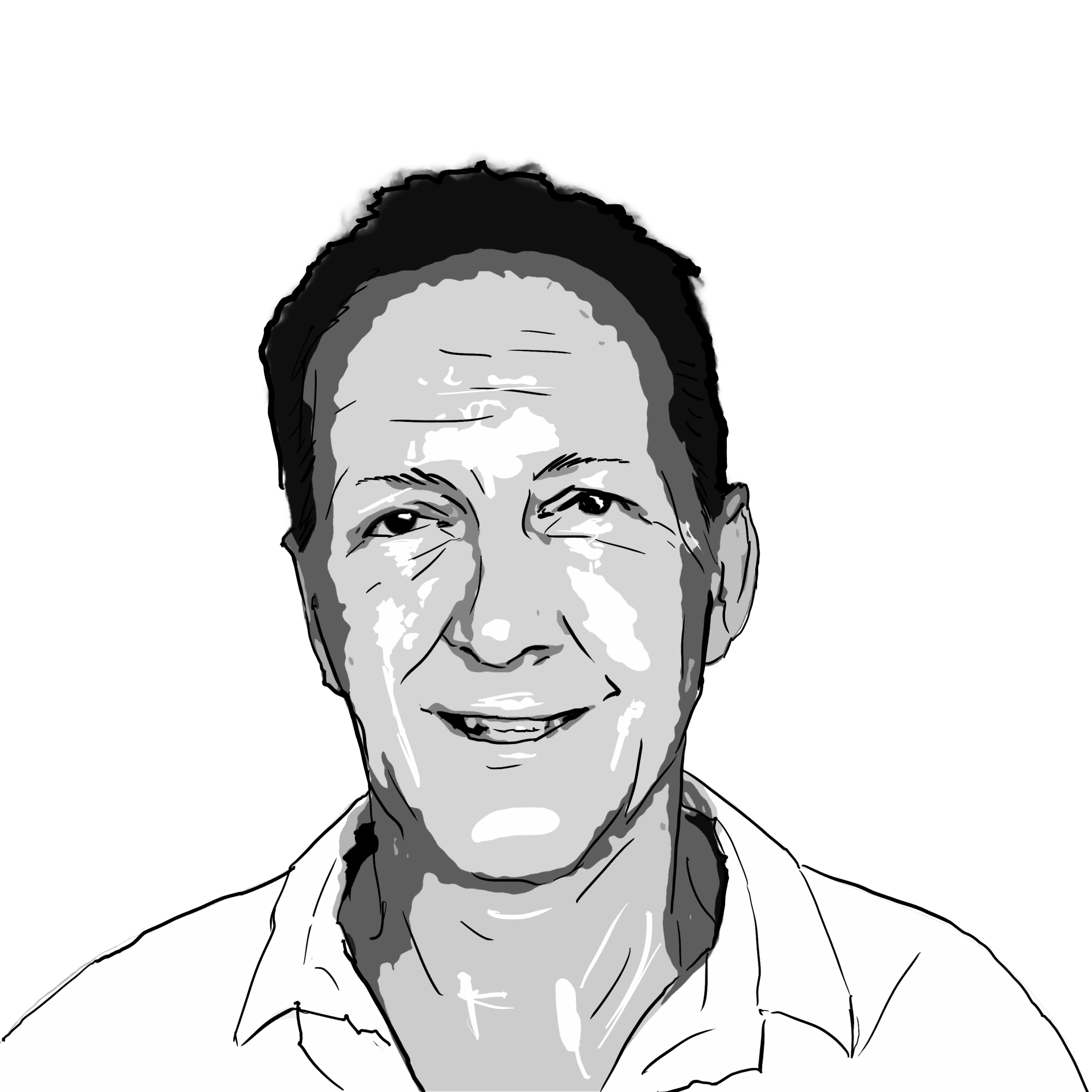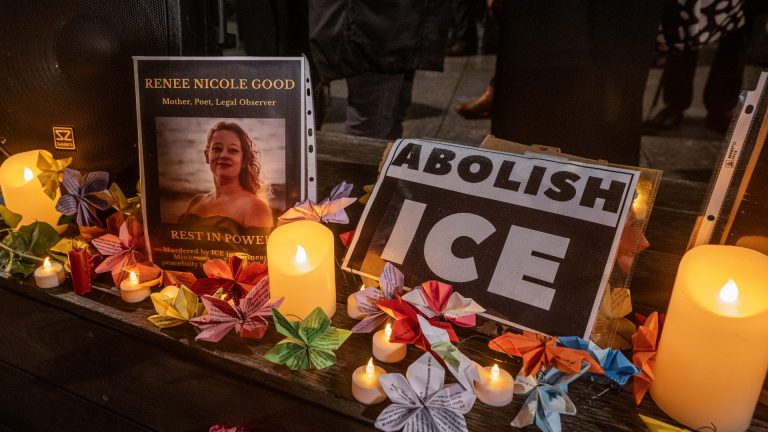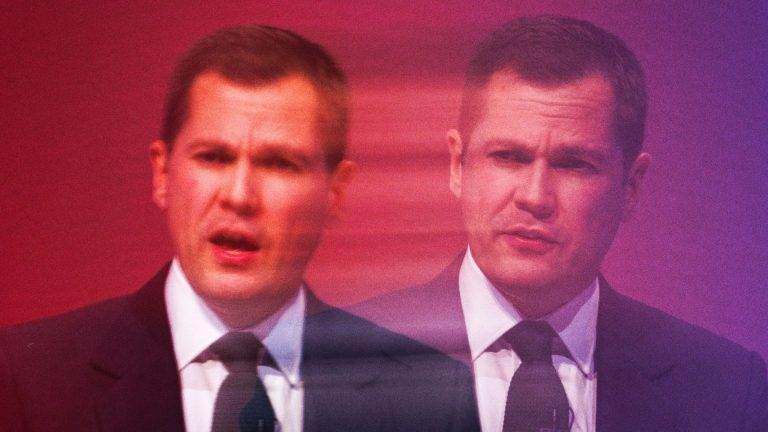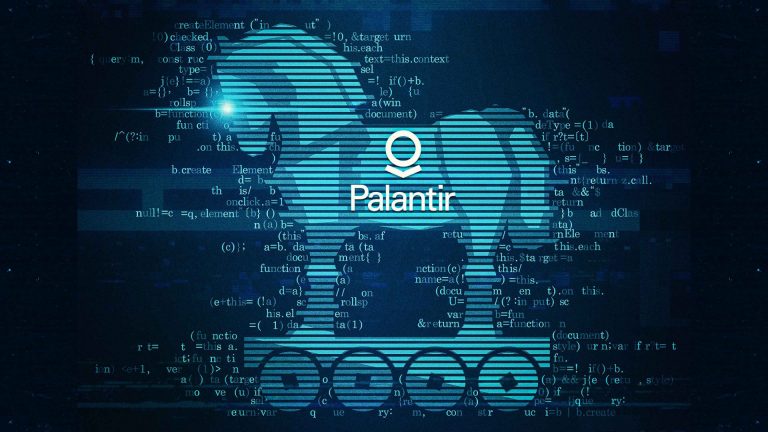Yesterday, Saturday, I went for lunch with my 88-year-old neighbour Claude. We went to a local bistro, nothing fancy – paper tablecloths. The menu consisted of frites with everything, and goodly portions at that. Here in the north of France, we go to lunch at 12:00. Not for us hardy northern souls long, decadent, afternoon-long lunches. And beer more often with lunch than wine, though I am a wine person myself.
Afterwards, we had a glass of cognac in Claude’s house. Just to wash things down. As you do.
Earlier in the morning, I had slipped across the border to a supermarket in Belgium for a couple of things. Our local, little supermarket here in France is perfectly fine for most of what I need, but the supermarket in Belgium has some products that are not on the shelves here.
Next week, I will drive down to Sitges, just south of Barcelona, for our summer HR Policy Global/Europe Network Meeting.
Between France and Belgium, there are no border stops. Nor are there border stops between France and Spain. There are no customs checks. We also use the same money. The euro.
I see no desire on the part of my French, Belgian, or Spanish friends to go back to the days of borders between us, or to the days when we had francs and pesos and all the other national European currencies.
I am familiar with all the economic arguments against the euro, but they are just that: theoretical economic arguments that generally dissolve in the face of reality. We Europeans like the euro. We are not giving it up because some Harvard professor thinks it defies economic rationality. Their economic rationality. Not ours. Our economic rationality is the ease of our daily lives. One continent. One money.
I am Irish. I live in France. If I fall ill in France, Spain, or Belgium, and I have on more than one occasion, my medical costs are covered through my European Health Insurance Card (EHIC). I do not go broke because I get sick. I have the French Carte Vitale, the French health insurance card, which covers about 70% of my medical costs. The rest are covered by my mutualité, the insurance for which I pay about €150 a month, which means I pay nothing for medicines or hospital treatment. Not a bad deal when you consider the costs of modern medicines or hospital care.
So, I like being European and being part of the European community we have built and continue to build. When you consider the wars with one another we Europeans have fought over the centuries, the blood we have spilt, the bodies we have buried, what we have managed to achieve in the past fifty years in coming together as a people is to be celebrated.
No MAGA-driven fantasies of breaking us up and returning us to atavistic, competing nationalisms will succeed. We will continue to build a common European homeland, day-by-day, little-by-little. Because it makes sense and because it will work for us. Sure, we will make mistakes along the way and get some things wrong. Who ever gets everything right all the time?
Even if I live in France I am still Irish and proud to be Irish. There is no contradiction in that. I was born into a poor, north Dublin city working-class family in 1950. My dad drove a delivery van for a printing company. We struggled to make ends meet. My parents believed in education as the way to make life better for their children.
The Ireland of my time – the 50s and 60s – was an economically backward nation in the grip of what can best be described as an ultra-Catholic-Nationalist ideology, which thought we should all be peasants living off the land, leading mystical, Celtic lives. Toiling in the fields during the week, dancing at the cross-roads on Saturday evening, filling the churches on a Sunday. It was an Ireland where, in the words of the playwright, John. B. Keane, “Many young men of 20s said goodbye”, as they left the country to seek a better life overseas, because there was no decent life to be had in Ireland.
Suggested Reading


Am I welcome in Britain?
While the story is a bit more complicated than this, “Europe” helped Ireland to become the very different country it is today. We have gone from being a backward, peasant land, to being a dynamic, tech-driven economy, the European home to many of the US’s most successful businesses.
I know there are some who decry this Ireland/US relationship, but I don’t.
We live in a world of global value structures, of global decision-making chains, and that is not going to change anytime soon, no matter what mad tariff policies the Trump administration imposes. If not Ireland, it would be somewhere else, so it might as well be Ireland. Take reality for what it is.
Europe has also helped Ireland escape the deadly clutches of England. Because of history, the Irish economy was almost totally dependent on the UK as the only market for our agricultural products, because the only things we exported in the 1950s and 1960s were cows and people.
Our membership of the European Economic Community, now the European Union, gave us the bandwidth to build the Ireland of today, a work still in progress. We found new markets beyond British shores. We found industries that were not dependent on agriculture. And we found a new confidence in ourselves to go out there in the world and be proud of who we are.
Would the Ireland of the cramped 1950s or 1960s have produced U2, possibly the best rock band in the world, though I know that claim will be disputed. Personally, I lean more to Springsteen, though for me between Springsteen and U2 it is a close run thing.
And thank God we Irish are Europeans and no longer dependent on England – for who in their right minds would want to follow the UK down the Brexit rabbit hole, where you put barriers between yourself and your biggest market? I am of the European social democratic political family and I despair of the stupid anti-Europeanism of the Labour leadership.
Unfortunately, it has always been so, going back to the 1950s. Perhaps, someday, realism will prevail and the UK will accept that it belongs in Europe. But that day will not be any day soon.
For now, I am glad I am Irish and European.

